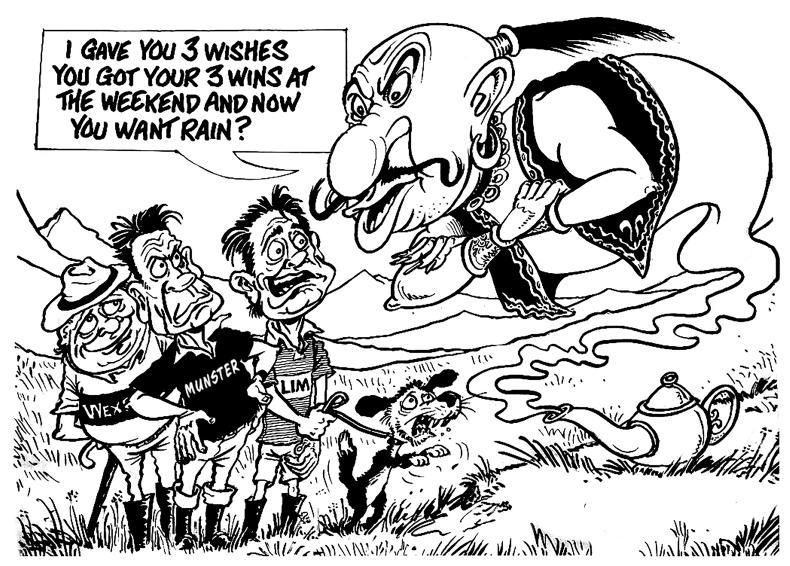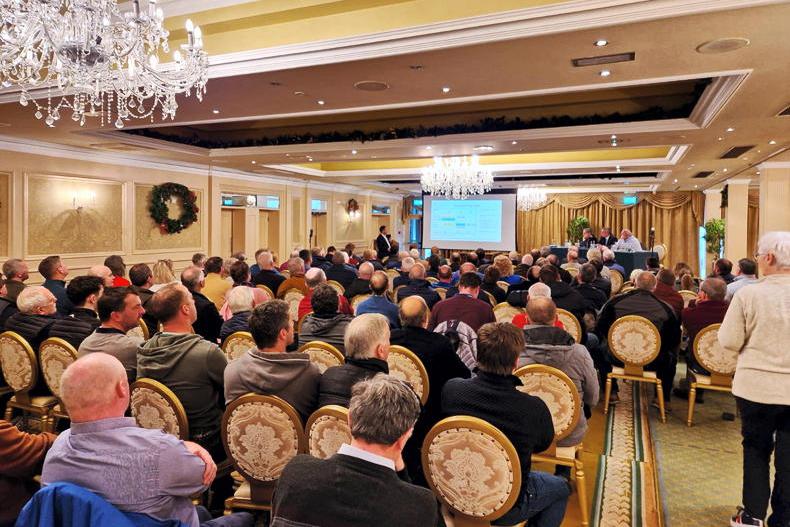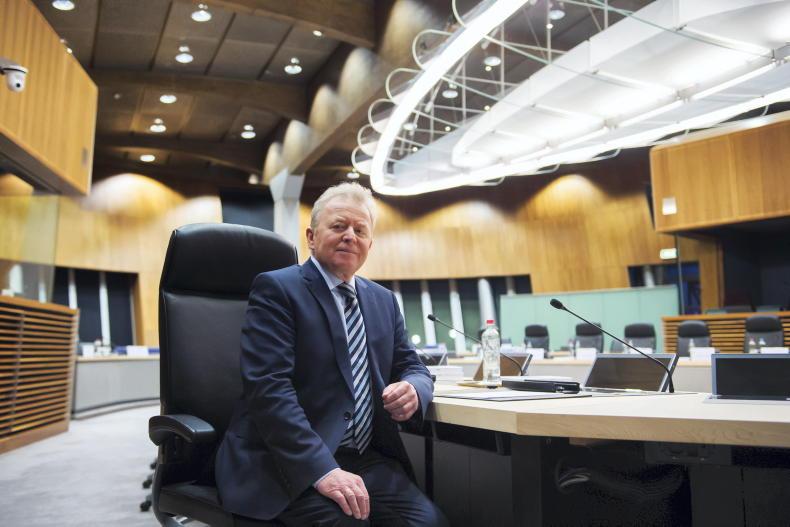This week, almost 130,000 Irish farmers have finalised a BISS application or what many farmers know better as the Area Aid or Single Farm Payment application.
The Commissioner for Agriculture in Brussels will be delighted to hear that almost all Irish farmers have applied, because one of his fears is that many farmers would instead take the road of ‘production only’ or the road to ‘abandon land’.
Not alone is the BISS changing significantly (front loading, levelling, eco schemes), but the central plank of the current EU Commission (2019 to 2024) policy is its work on the European Green Deal to become the first climate neutral continent by 2050.
This Green Deal is driving the policy in so many areas, and not alone is the Directorate General (DG) of Agri responsible but DG Clima, DG Sante, DG Environment, and DG Energy are all now playing much more significant roles in policy affecting Irish and EU farmers. The Agri Commissioner Janusz Wojciechowski is adamant that EU farmers need time to transition to all this policy change.
Impact
When asked about the impact of policies around nature restoration, land use change etc, he is of the opinion that the CAP changes are so significant we should let them settle rather than bombarding farmers with much more policy change, or you could see more and more farmers not sign up for BISS payments and regulations.
Though there is one Commissioner from each EU country, their job is to defend the interests of the EU as a whole – rather than national interests.
The stark differences between countries is one of the reasons that Commissioners push back some of the power to member states in terms of policy implementation.
For example when we questioned the Commissioner on why ‘organics with only a limited market’, is seen as a solution to EU farm income, he suggested the likes of this is more suited to the mountainous regions of Austria.

He explained there are very small farms that need more money for their product and support per hectare to keep them farming and hence protecting the environment. Equally he suggests Irish ‘grassland, extensive’ farming is what will lead his promotional campaign to Japan next month.
Last week I, along with a few colleagues from the Irish Farmers Journal, spent a few days visiting the EU institutions in Brussels. It was my first visit since 2019 and it is now over 25 years since I made my first visit to the heart of the EU institutions.
Interview
I had the opportunity for a sit-down interview with the Agriculture Commissioner.
While often attracting criticism for not being vocal enough on issues affecting farmers, I was left particularly impressed by how well informed he is on Irish issues.
Yet as we teased out the issues, and the role of other Commissioners and the hands-on approach of vice president Timmermans, it is clear that his Commission colleagues have drifted into many parts of the Agriculture portfolio.
Of course his predecessor Phil Hogan was a huge presence in the previous Commission with the Agriculture portfolio and indeed, if we look back at the Commission before that, the then Agriculture Commissioner, Dacian Ciolos had plenty of back seat drivers when he served in the role between 2010 and 2014.
Farmers by now are familiar with the EU having made a complete U-turn from supporting efficient production of food to supporting reduction of farmland productivity. Will this continue?
We got the sense that there is no doubt COVID-19 and the invasion of Ukraine have reset the priority list, and the Commission doesn’t want to get caught on food as they have on energy dependency.
However, it may well be the next Commission before elements of the priority list reset actually come to the fore. Then there will be a new president and a new vice president that may or may not have the same passion for the Green Deal.
The EU has always been about constant change throughout its history, and no doubt it will continue to evolve. In this environment, the importance of a strong farmer advocacy in the corridors of power has never been more vital to protect Irish and EU farmers from the negative effects of change.









SHARING OPTIONS